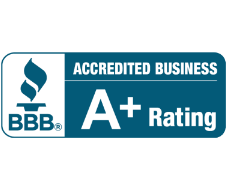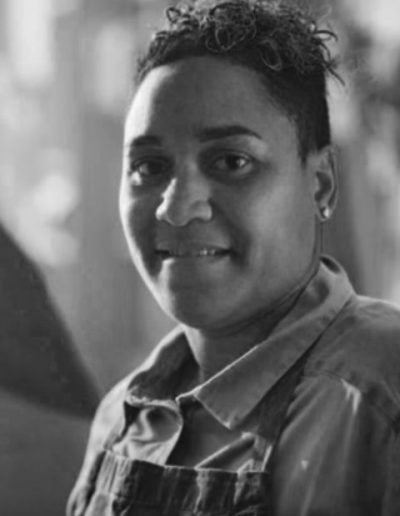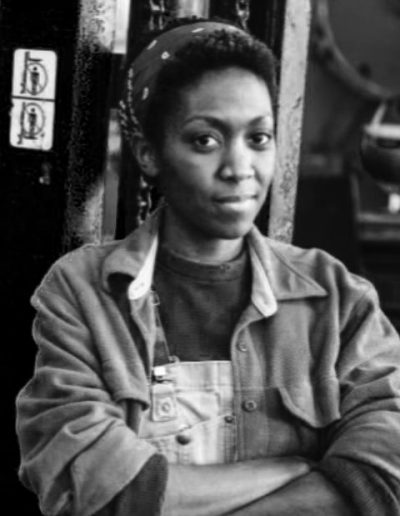Wet Floor Accidents: Understanding Your Rights and Responsibilities
Wet floor accidents are more common than one might think. Whether it’s a slip in a grocery store, a tumble in an office building, or a fall in a restaurant, these incidents can lead to serious injuries. Unfortunately, many people underestimate the impact of such accidents until they find themselves dealing with the aftermath. In this article, we will explore wet floor accidents as they relate to accident claims, including who is usually responsible, the types of injuries that can result, and why it’s crucial to hire a lawyer like Law Sharks, where “We Win Or It’s Free”®.
The Prevalence of Wet Floor Accidents
Wet floor accidents can occur virtually anywhere, but they are most common in places where floors are frequently cleaned or exposed to water. Grocery stores, shopping malls, restaurants, hotels, and office buildings are prime locations. However, they can also happen in more unexpected places, such as residential properties or public sidewalks. The risk is ever-present, particularly during rainy seasons, when water is tracked indoors, or in winter months when snow and ice can create hazardous conditions.
Understanding Liability: Who Is Responsible?
Determining who is responsible for a wet floor accident is often straightforward, but not always. Generally, the owner or occupier of the premises where the accident occurred is held liable. This is because property owners and managers have a duty to maintain safe conditions for visitors. If they fail to do so and someone gets injured, they can be held accountable.
However, liability isn’t always cut-and-dry. In some cases, multiple parties may share responsibility. For example, if a cleaning company hired to maintain a building fails to properly mark a wet floor, both the property owner and the cleaning company might be liable. Similarly, if a tenant in a commercial property neglects to address a spill in their leased space, they could be held responsible rather than the building owner.
Common Injuries from Wet Floor Accidents
Wet floor accidents can cause a range of injuries, from minor to severe. The most common injuries include:
- Sprains and Strains: Often, a person may twist awkwardly when slipping, leading to sprained ankles, wrists, or knees. These injuries can be painful and may require physical therapy to fully recover.
- Fractures: A fall on a hard surface can easily result in broken bones. Wrists, arms, and hips are particularly vulnerable, especially for older adults.
- Head Injuries: When someone falls backward, the impact can cause serious head injuries, including concussions or even traumatic brain injuries (TBIs). These injuries can have long-term consequences, affecting cognitive function and quality of life.
- Back and Spinal Injuries: Slipping and falling can result in back injuries, including herniated discs or spinal fractures. These injuries can be debilitating and may require surgery or long-term rehabilitation.
- Cuts and Bruises: While these are generally less serious, deep cuts or severe bruising can still require medical attention and may lead to complications such as infections.
Why Hire a Lawyer?
When you’ve been injured in a wet floor accident, the path to recovery can be long and fraught with challenges. Medical bills can pile up, and if your injuries prevent you from working, the financial strain can become overwhelming. This is why it’s essential to hire a lawyer like those at Law Sharks, where “We Win Or It’s Free”®. Here’s why legal representation is crucial:
- Understanding the Law: Personal injury law can be complex, especially when multiple parties are involved. A skilled lawyer understands the nuances of the law and can identify who is truly responsible for your injuries.
- Negotiating with Insurance Companies: Insurance companies often try to minimize payouts. They might offer you a settlement that is far less than what you deserve. A lawyer will negotiate on your behalf, ensuring you receive fair compensation for your injuries, lost wages, and other damages.
- Gathering Evidence: Proving negligence is key to a successful claim. A lawyer will gather crucial evidence, such as security footage, witness statements, and maintenance records, to build a strong case.
- Maximizing Compensation: A lawyer will help you understand the full extent of your damages, which may include medical expenses, pain and suffering, lost earnings, and future medical care. They will fight to ensure you receive the maximum compensation possible.
- Peace of Mind: Navigating the legal system can be stressful, especially when you’re dealing with an injury. By hiring a lawyer, you can focus on your recovery while your legal team handles the rest.
Where Wet Floor Accidents Are Most Likely to Occur
Understanding the environments where wet floor accidents are most likely to happen can help you be more cautious and aware. Some of the most common places include:
- Grocery Stores: Spills from broken products, leaks from refrigeration units, or water tracked in from outside can create slippery conditions.
- Restaurants: Spills of food or drinks are frequent in busy dining areas. Additionally, wet floors in kitchens can extend into public spaces if not properly managed.
- Hotels: Lobby areas, especially near entrances, pools, and spas, are high-risk zones due to water being tracked in or splashed around.
- Office Buildings: High-traffic areas, especially near entrances and restrooms, are common sites for wet floor accidents. Poorly maintained floors or insufficient warning signs can contribute to accidents.
- Shopping Malls: Spilled drinks, melted snow, or rainwater can turn a busy mall into a hazard zone, particularly around entrances and food courts.
Related Practice Areas
Wet floor accidents often intersect with other practice areas in personal injury law. Understanding these connections can be helpful if your case involves multiple issues:
- Premises Liability: Wet floor accidents fall under the broader category of premises liability, where property owners are held responsible for injuries that occur due to unsafe conditions on their property.
- Product Liability: In some cases, a product may contribute to a wet floor accident. For example, if a cleaning product is defective and causes an unusually slippery surface, the manufacturer might be held liable.
- Workers’ Compensation: If you slip and fall at work, your case may involve workers’ compensation law. This ensures you receive benefits for medical expenses and lost wages while recovering from your injury.
- Medical Malpractice: If the treatment you receive after a wet floor accident exacerbates your injuries, you may have a medical malpractice claim in addition to your accident claim.
Conclusion
Wet floor accidents can have life-altering consequences. Whether it’s a minor slip or a serious fall, the impact on your life can be significant. Understanding who is responsible and what steps to take is crucial in ensuring you receive the compensation you deserve.
At Law Sharks, where “We Win Or It’s Free”®, we are committed to helping you navigate this challenging time. Hiring a lawyer is not just about getting compensation; it’s about protecting your rights, securing your future, and ensuring that justice is served. If you or a loved one has been injured in a wet floor accident, don’t hesitate to seek the legal assistance you need to move forward with confidence.

















